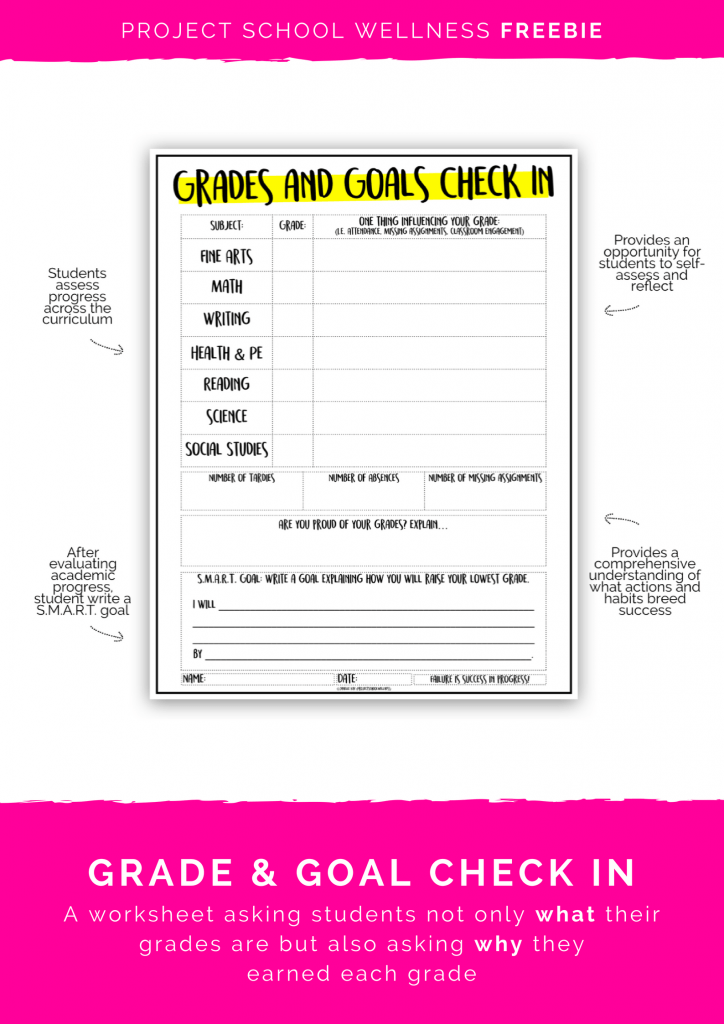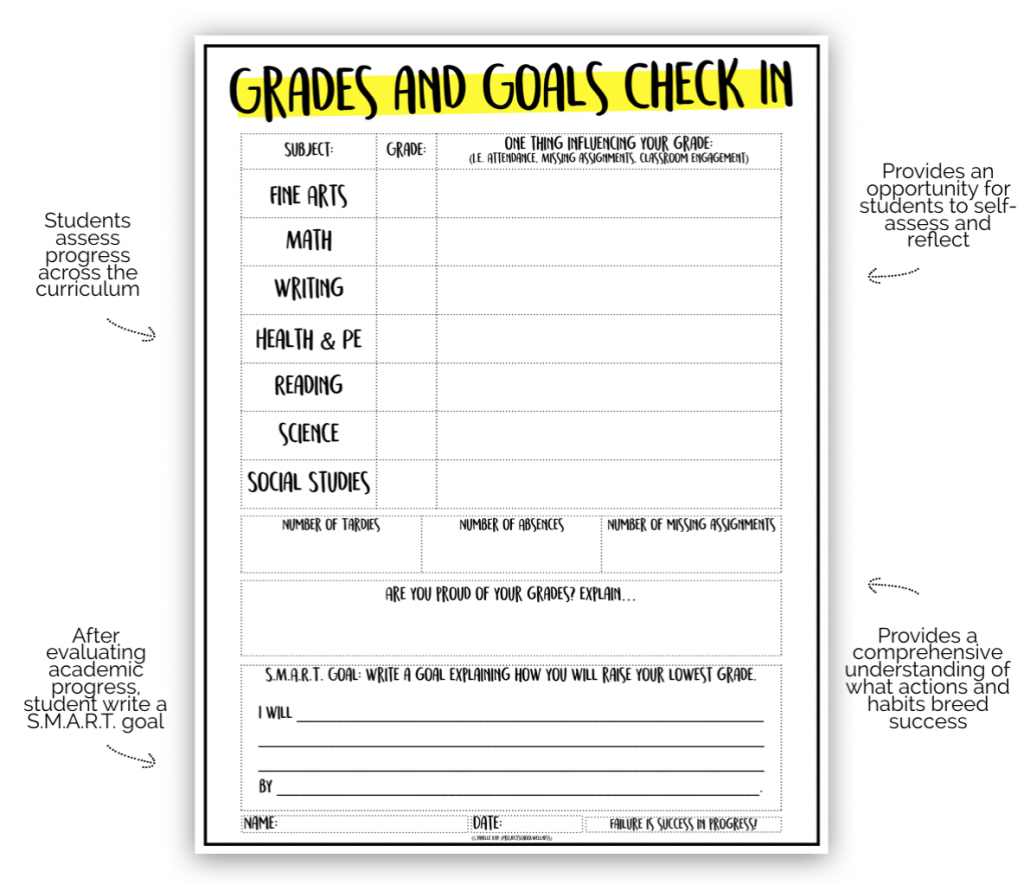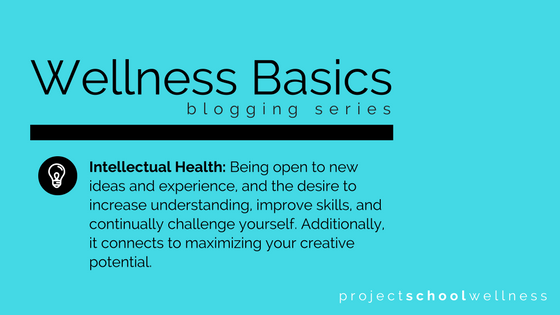A Tool to Raise
Student Accountability
Free Student Check-In Sheet
Getting students to take accountability for their learning and academic progress is no easy task.
It is a constant struggle in my classroom. Sure, for the most part, my students are aware of their grades. But few are able to explain what actions and habits actually lead to each grade.
It's not that they aren't capable of making the connection. Rather, I feel like a higher level of understanding isn't being asked or demanded of them. I mean how often do you have a parent, not the kid, email you about a grade. Or have a kid rush in at the eleventh hour to see if you will magically raise their grade.
It is very disheartening and frustrating. And I have been actively looking for ways to raise accountability.
Solutions for Student Accountability
Thinking I already knew what students and parents do to limit accountability, I started doing a little self-assessment and reflection. My findings weren't exactly flattering. I quickly realized that I'm a major part of the problem. It's quite simple, really. If students aren't expected and taught how to critically assess and monitor their learning, I can't be mad or surprised if they don't know how to take accountability.
Realizing this was quite the reality check. I couldn't continue blaming parents and kids. I mean, if I am asking them to take responsibility, I need to as well. So after coming to this realization, I've come up with two key classroom changes and one student tool to increase accountability.

Two Teacher Habits
First, I need to create regular opportunities to check academic progress
» Much to my embarrassment, I only carve out time to check grades once or twice a trimester (#teacherfail). I mean what good is it to look at grades once every three months, by then the damage has been done. It must be a regular practice.
Second, students need to critically assess and evaluate their academic progress
» Checking and knowing grades is good. More importantly, students need to be actively aware of the actions and habits leading to each grade. For example, is a kid severely below standard in Language Arts because 1) he/she has been absent from school; 2) he/she neglected to turn in an essay, or 3) because he/she is struggling with literary concepts? Students can't be expected to improve academically if they don't know what is actually causing them to be below standard.
Identifying these necessary changes lead to the creation of this worksheet...

With this worksheet, students are asked to take ownership of their learning by challenging them to critically assess each grade. It is the perfect tool for creating a regular assessment routine.
How Does This Connect to Intellectual Health?
If you caught last week's post about Intellectual Health, you've probably already made the connection between empowering student accountability of academic progress and Intellectual Health.
Let me do a quick refresh, just in case this is all gibberish...
In short, we need Intellectual Health to thrive. And teaching kids how to be accountable and responsible in their academic progress builds Intellectual Health.
The worksheet I am sharing today strengthens Intellectual health by creating an opportunity for students to identify gaps in understanding and areas in need of improvement. Additionally, the worksheet challenges a student to push themselves as they write a goal for improvement.
What are you waiting for, download the free resource, and start cultivating accountability today!
Free Resource Library
Grab the freebie featured in this post, along with 30+ other free goodies in our Free Resource Library! Sign up below for instant access.
Hello. I'm Janelle!
A middle school health teacher turned curriculum developer (and #WAHM). I'm on a mission to share the easiest-to-teach, most impactful health lesson plans on the Internet. Because your time and energy is better spent on teaching and connecting, not on planning and prep.



[…] Creating a Progress Check Routine – – Assess Yourself […]